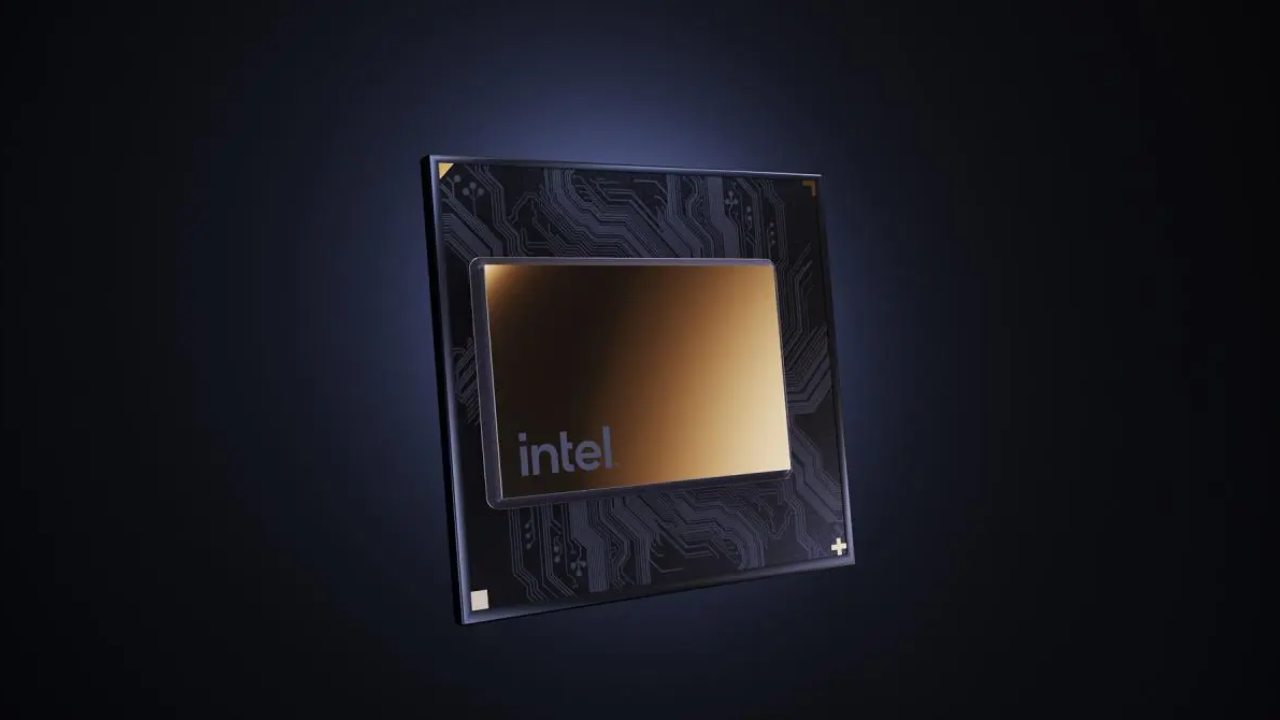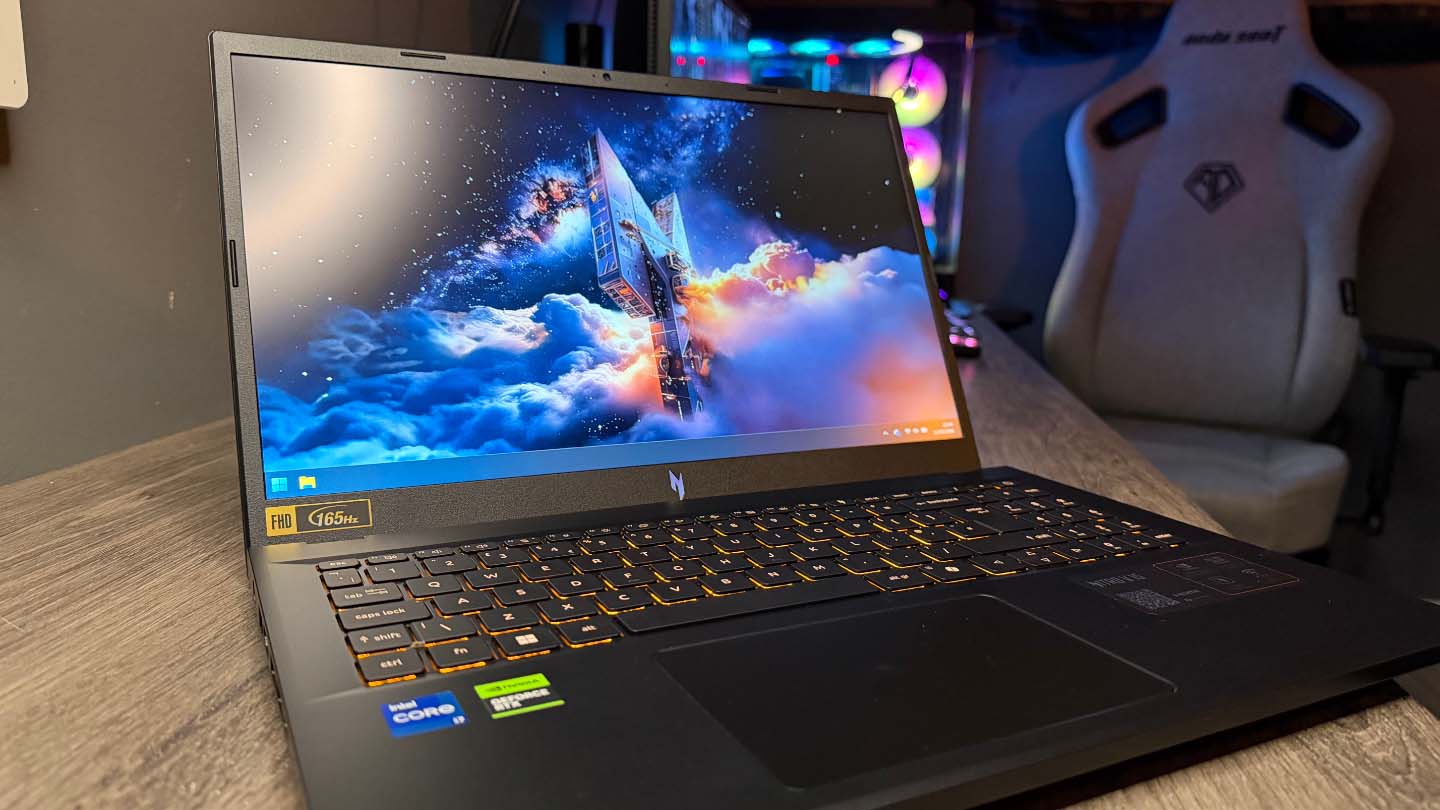Intel quietly ditches its Bitcoin mining chips
So long, Blockscale, we hardly knew ye.

Keep up to date with the most important stories and the best deals, as picked by the PC Gamer team.
You are now subscribed
Your newsletter sign-up was successful
Want to add more newsletters?

Every Friday
GamesRadar+
Your weekly update on everything you could ever want to know about the games you already love, games we know you're going to love in the near future, and tales from the communities that surround them.

Every Thursday
GTA 6 O'clock
Our special GTA 6 newsletter, with breaking news, insider info, and rumor analysis from the award-winning GTA 6 O'clock experts.

Every Friday
Knowledge
From the creators of Edge: A weekly videogame industry newsletter with analysis from expert writers, guidance from professionals, and insight into what's on the horizon.

Every Thursday
The Setup
Hardware nerds unite, sign up to our free tech newsletter for a weekly digest of the hottest new tech, the latest gadgets on the test bench, and much more.

Every Wednesday
Switch 2 Spotlight
Sign up to our new Switch 2 newsletter, where we bring you the latest talking points on Nintendo's new console each week, bring you up to date on the news, and recommend what games to play.

Every Saturday
The Watchlist
Subscribe for a weekly digest of the movie and TV news that matters, direct to your inbox. From first-look trailers, interviews, reviews and explainers, we've got you covered.

Once a month
SFX
Get sneak previews, exclusive competitions and details of special events each month!
Intel has announced that's its Blockscale 1000-series Bitcoin mining chips are toast and won't be replaced with a new generation. The news comes just a year after the first Intel Blockscale processors hit the market.
Speaking to Tom's Hardware, Intel said the move was part of a broader focus on its IDM 2.0 strategy, which has seen Intel tightening its belt and focusing on core operations and products.
Several business units have been closed, wound down or sold off as a consequence, including Optane memory products, its whole SSD division, 5G modems and more. Suffice to say, even before IDM 2.0 Intel had something of a track record for dabbling in new markets only to abruptly exit just as the endeavour seemed to be taking off.
According to the Intel "end of life" notice for its Blockscale products, existing customers have until October to place a final order for Blockscale 1000-series chips. But thereafter, the entire family of mining chips will be goners and the final batch of Blockscale chips will ship in April 2024.
Intel hasn't specifically said that it will never produce a new family of mining chips in future. Instead, nothing new is officially planned and Intel will "monitor the market" for opportunities.
Intel's Blockscale chips were said to be very competitive in performance terms. Designed to accelerate SHA-256 processing for proof-of-work applications, Intel said Blockscale is good for 580 giga-hashes per second. That, apparently, is very much in the same ballpark as existing players in the mining chip market.

Best CPU for gaming: The top chips from Intel and AMD
Best gaming motherboard: The right boards
Best graphics card: Your perfect pixel-pusher awaits
Best SSD for gaming: Get into the game ahead of the rest
Intel also offered relief from the volatile Chinese market for mining chips, which fluctuated dramatically depending on the price of cryptocoin and thus demand for mining chips.
Keep up to date with the most important stories and the best deals, as picked by the PC Gamer team.
But Intel's exit from the market itself probably reflects the volatile nature of crypto mining. Intel's timing with its initial Blockscale chips a year ago was unfortunate, coming as it did just as Bitcoin and other cryptocurrency prices were crashing.
It's possible PR concerns played a role, too. Intel marketed Blockscale as capable of being run in 256-chip arrays consuming nearly 4,000W of power. At the time, Intel said it was "committed to advancing blockchain technology in a responsible way." But it's arguably not a good look facilitating the huge amount of power being burned mining cryptocurrency.
Of course, Bitcoin pricing has rebounded of late. So it's not impossible that Intel could revise its position. But producing a new family of Bitcoin-specific ASICs would not be the work of a few months. So, any new products are likely years away, should they appear at all.

Jeremy has been writing about technology and PCs since the 90nm Netburst era (Google it!) and enjoys nothing more than a serious dissertation on the finer points of monitor input lag and overshoot followed by a forensic examination of advanced lithography. Or maybe he just likes machines that go “ping!” He also has a thing for tennis and cars.

